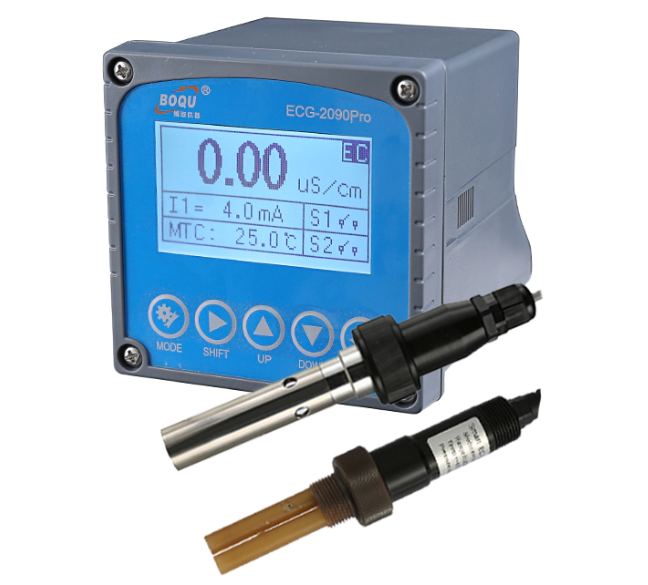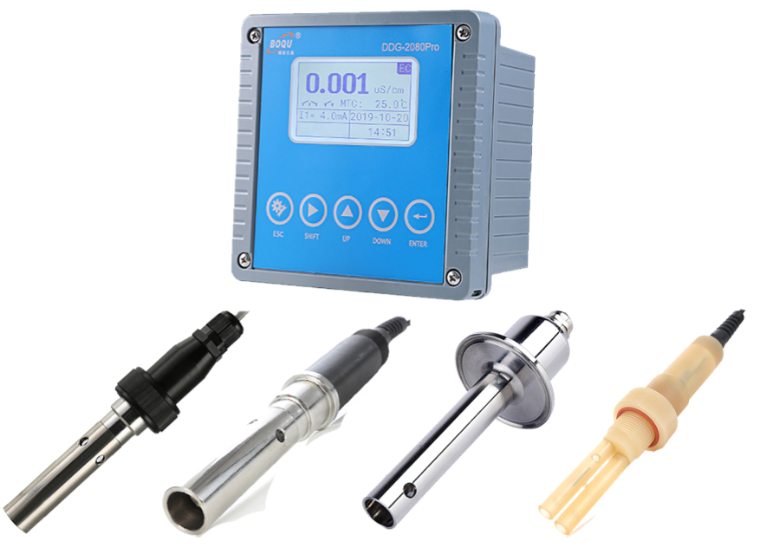Contact us right away
If you run into any issue or have any question.
 E-mail: michael@shboqu.com | Expert in Water Quality Measurement and Water Treatment Project
E-mail: michael@shboqu.com | Expert in Water Quality Measurement and Water Treatment Project
In our daily lives, water quality has a very important impact on our health and the ecological environment. To ensure the safety and health of water quality, water quality monitors came into being. This article will introduce you to the basic knowledge of water quality monitors.
1. What is a water quality analyzer?
A water quality monitor is an instrument used to detect water quality. It can detect various parameters in water, such as turbidity, pH value, dissolved oxygen, ammonia nitrogen, total phosphorus, etc., as well as various toxic and harmful substances. Through the detection of these parameters, we can understand the water quality and determine whether the water body is suitable for human drinking, industrial use or ecological environment protection.

2. Types of water quality monitors
There are many types of water quality monitors, which can be divided into many types according to different detection parameters. Common ones include turbidity meter, pH meter, dissolved oxygen meter, ammonia nitrogen meter, total phosphorus meter, etc. In addition, there are some multi-parameter water quality monitors that can detect multiple parameters at the same time.
3. Working principle of water quality analyzer
Different types of water quality monitors work on different principles. For example, a turbidity meter uses optical principles to calculate turbidity by measuring the impact of suspended particles in water on light; a pH meter calculates the pH value by measuring the concentration of hydrogen ions in the water. Generally speaking, water quality analyzers use specific physical or chemical methods to convert various parameters in the water into measurable electrical or optical signals, and then process and calculate the final results.
4. Application of water quality monitor
Water quality monitors are widely used in various fields. In water plants, water quality analyzers can monitor various parameters of water quality in real time to ensure the quality of factory water; in sewage treatment plants, water quality monitors can detect the effect of sewage treatment; in rivers, lakes and other water bodies, water quality monitors can help us Understand the quality status of water bodies and provide data support for environmental protection.
5. How to choose a suitable water quality analyzer?
There are several factors to consider when choosing the right water quality monitor. First of all, you must clarify your own needs, such as which parameters need to be detected and for what purpose; secondly, you must understand the performance characteristics and scope of use of various water quality analyzers; finally, you must comprehensively consider price, accuracy, stability, and ease of use. factors such as sex.

6. Use and maintenance of water quality monitors
It is also very important to use and maintain water quality analyzers. When using, pay attention to operate it correctly according to the instructions to avoid damaging the instrument or affecting the measurement results. At the same time, the instrument must be calibrated and maintained regularly to ensure its accuracy and stability. In addition, pay attention to the storage environment and service life of the instrument, and replace consumables and wearing parts on time.
In short, water quality monitors are an important tool to ensure water quality safety. By understanding the basic knowledge of water quality monitors, we can better choose and use this tool to provide better protection for our lives and the environment.
Copyright © 2019 Shanghai BOQU Instrument Co.,Ltd | All Rights Reserved
Hello, please leave your name and email here before chat online so that we won't miss your message and contact you smoothly.